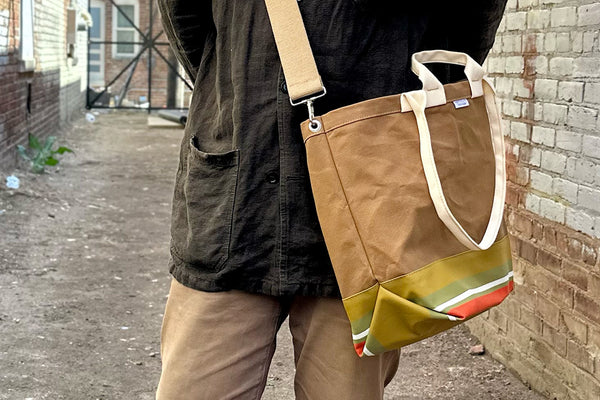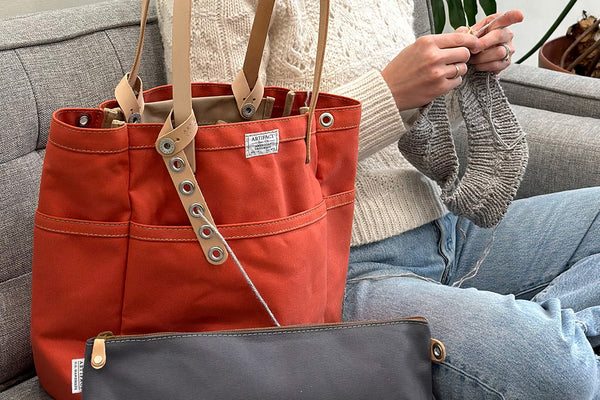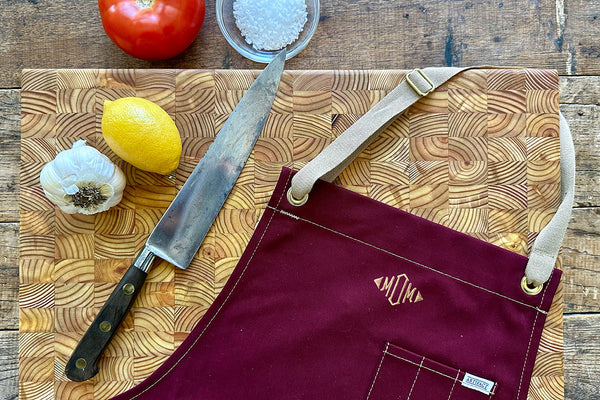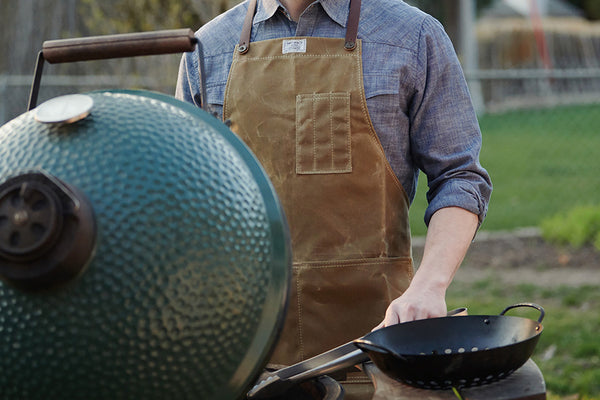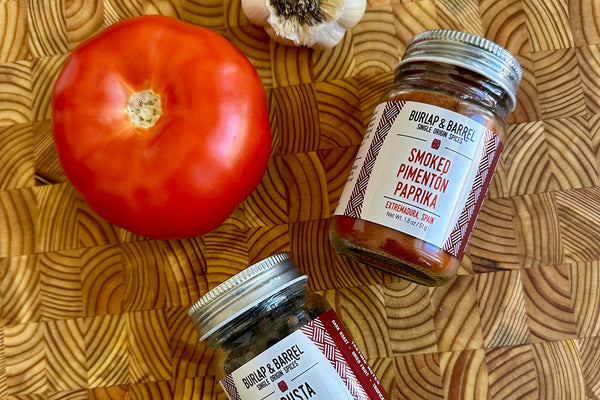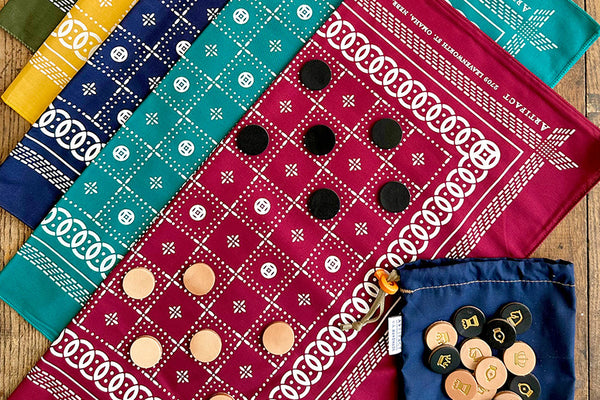The Artifact Blog
Handmade in the AI Age (Part II): Useful Work
Part II of our series on making, meaning, and the role of craft in a technological world
In the late 1800s, England was booming—and breaking. The Industrial Revolution had transformed the country into a machine of production. Cities grew, factories expanded, and goods became cheaper and faster to make. But something essential was being lost: the dignity of labor, the joy of skill, and the beauty of the everyday object.
William Morris saw this clearly. A designer, writer, and activist, Morris believed that meaningful work and beautiful design weren’t luxuries—they were necessities. He argued that when workers are reduced to cogs in a machine, both the laborer and the object suffer.
“I do not want art for a few,” he wrote, “any more than education for a few, or freedom for a few.”
Morris and his peers launched the Arts & Crafts Movement as a cultural response to industrialization. It wasn’t just a design trend. It was a philosophy rooted in the belief that craft could restore humanity in a system that was increasingly mechanical.
 William Morris
William Morris
Work with Meaning
Morris’s ideal wasn’t about romanticizing the past. He didn’t want to turn back the clock—he wanted to create a future where workers had purpose and where the things we use every day were made with care.
He championed useful work over useless toil. That is, labor that engages the body and mind, that produces something both functional and beautiful, and that connects the maker with the community.
This was not just theory. Morris practiced what he preached: founding workshops, reviving dying textile methods, and advocating for design that served rather than decorated. His wallpaper patterns, typefaces, and stained glass work still inspire today—not just because they’re beautiful, but because they represent a different relationship between labor and value.

 William Morris Designed Wallpapers
William Morris Designed Wallpapers
Why It Still Matters
Morris’s influence didn’t stop at the English countryside. In the early 20th century, his ideals found fertile ground in the United States, where the American Arts & Crafts Movement blossomed in schools, workshops, and communities across the country.

Roycroft Hand Hammered Copper Lamp (Circa 1920's)

Roycroft Logo
From the Roycroft campus in New York to the Byrdcliffe Colony in Woodstock, craft in America became a path not just to beauty, but to empowerment. One particularly compelling example is the Saturday Evening Girls pottery club in Boston—a program rooted in social reform as much as aesthetics.
Founded in the early 1900s by librarian Edith Guerrier and philanthropist Helen Osborne Storrow, the SEG began as a reading group for working-class immigrant girls, many of whom were Italian and Jewish. It soon evolved into a pottery studio—Paul Revere Pottery—where young women could earn income while learning design, glazing, and handcraft techniques rooted in Arts & Crafts ideals. The pieces they created were practical—plates, bowls, mugs—but also joyful, often painted with folk motifs and bright colors.


Saturday Evening Girls Pottery
What made the SEG unique was its layered impact: it provided education, economic opportunity, cultural pride, and a sense of authorship to women who were largely invisible in the art and design world. It was community-based making with dignity at its core—a quiet but powerful expression of useful work.

Sarah Galner of Saturday Evening Girls Circa 1914
That spirit continues to inspire us. Several pieces in our Knitting and Crochet Collection—including the Yarn Spinner, Identification Tag, and Drink Coasters stylistically draw directly from the animal and floral motifs found on SEG pottery. These references are subtle, but intentional: a nod to design that serves both beauty and purpose, and a tribute to the ways craft can uplift and include. It's a subtle tribute, but one that reminds us how beauty, utility, and social purpose can live together in even the simplest object.
ARTIFACT No.64 Yarn Spinner Wristlet
That belief—that careful, meaningful work could also shape community—is something we carry forward in our own studio today.
More than a century later, Morris’s message feels newly urgent. In our own moment of mass automation and AI-generated content, the questions he raised are still with us:
-
What does it mean to make something with care?
-
How do we protect the value of human labor in a world of frictionless production?
-
Can beauty still be part of everyday life—not just a luxury, but a right?
At ARTIFACT, we think about these questions constantly. We’re not replicating the past. But we are carrying forward the belief that making things by hand—carefully, intentionally—is a way of honoring both people and materials.
And like Morris, we believe that useful work still matters.
Looking Ahead
In the next post, we’ll turn our attention to Japan’s mingei movement, where Soetsu Yanagi and others celebrated the humble beauty of anonymous folk craft.
Read Part III → (link will be added when live)
Suggested Reading:
-
The Granddaughter Necklace – Sharon Dennis Wyeth (includes narrative link to Saturday Evening Girls)
-
The Arts and Crafts Movement in America 1876–1916 – Robert Judson Clark (for visual and institutional context)
-
Byrdcliffe: An American Arts and Crafts Colony – Nancy E. Green
-
The Women Who Made the Saturday Evening Girls Pottery – Edith Guerrier (archival selections available online)

